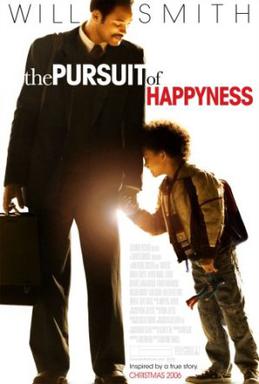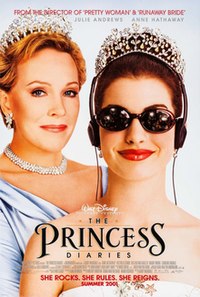Lists














14 Books
books to read
Sort by:
Recent Desc
More lists by Asla



Quarantine Watches
Movies and TV shows to binge watch during this quarantine
June 2020
0
A
@asla-sinclaire



Action, Brain
List includes: Mission: Impossible, Mr. & Mrs. Smith, Inception
June 2020
0
A
@asla-sinclaire



Sad Romance
List includes: P.S. I Love You, The Last Song, Midnight Sun
June 2020
0
A
@asla-sinclaire



life lessons
List includes: The Terminal, The Pursuit of Happyness, Last Holiday
June 2020
0
A
@asla-sinclaire



Thrilling, Suspense
suspenseful thriller movies
June 2020
0
A
@asla-sinclaire



Comedy
List includes: Mean Girls, White Chicks, Bad Teacher
June 2020
0
A
@asla-sinclaire



Steamy, Sensual, Passion
List includes: Love, Friends with Benefits, After
June 2020
1
A
@asla-sinclaire



Money, Luxury, Heist
to all those bling bling, luxury heist lover
June 2020
0
A
@asla-sinclaire



Romance Comedy
List includes: Bride Wars, The Proposal, Another Cinderella Story
June 2020
0
A
@asla-sinclaire